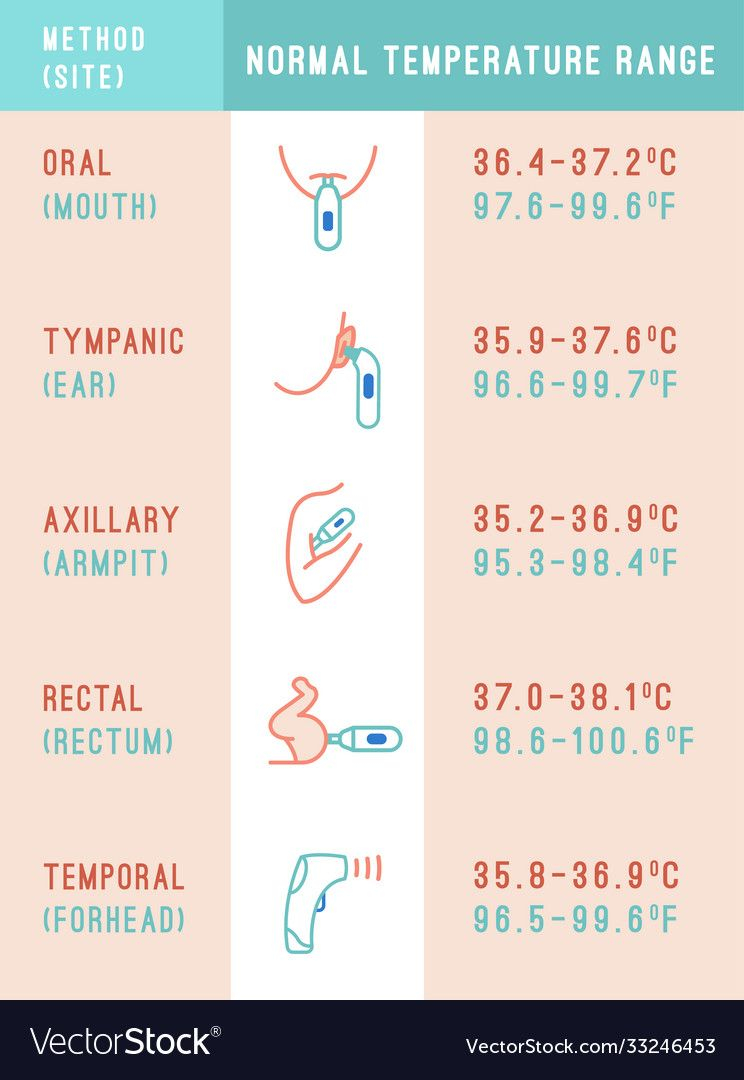Names From Greek Mythology: A Timeless Legacy
The realm of Greek mythology is a treasure trove of captivating names, each carrying the weight of history, legend, and cultural significance. From the Olympian gods to legendary heroes and mythical creatures, these names have left an indelible mark on Western civilization, shaping language, literature, and the arts for centuries.
As we delve into the origins and meanings of these names, we embark on a journey through the rich tapestry of Greek mythology. From the primordial chaos to the heroic struggles of mortals, these names evoke a sense of wonder, awe, and timeless fascination.
Names From Greek Mythology

Greek mythology is full of cool names, man. From gods and goddesses to heroes and monsters, there’s a name for every vibe. Whether you’re looking for a name that’s strong and powerful or sweet and gentle, you’re sure to find it in Greek mythology.
But with so many names to choose from, it can be hard to know where to start. That’s why we’ve put together this guide to some of the most popular and iconic names from Greek mythology.
Gods and Goddesses
The gods and goddesses of Greek mythology are some of the most powerful and influential beings in the universe. They control everything from the weather to the seasons to the fate of mankind. Here are a few of the most famous gods and goddesses:
- Zeus: The king of the gods and the god of the sky and thunder.
- Hera: The queen of the gods and the goddess of marriage and childbirth.
- Poseidon: The god of the sea and earthquakes.
- Athena: The goddess of wisdom, war, and crafts.
- Ares: The god of war.
- Aphrodite: The goddess of beauty and love.
Heroes and Monsters
The heroes and monsters of Greek mythology are just as famous as the gods and goddesses. They’re the ones who fought in the Trojan War, slayed dragons, and rescued damsels in distress. Here are a few of the most well-known heroes and monsters:
- Achilles: The greatest warrior in the Trojan War.
- Odysseus: The clever hero who outsmarted the Cyclops.
- Hercules: The mighty hero who performed twelve impossible labors.
- Medusa: The gorgon with snakes for hair.
- Minotaur: The half-man, half-bull monster that terrorized Athens.
- Centaurs: The half-man, half-horse creatures that were known for their wild and unruly behavior.
Answers to Common Questions
What is the origin of Greek mythology?
Greek mythology originated from the ancient oral traditions of the Greek people, passed down through generations. These stories were shaped by religious beliefs, historical events, and the human desire to make sense of the natural world.
How have Greek mythological names influenced language?
Greek mythological names have had a significant impact on language, particularly in English. Many words, phrases, and idioms derive from Greek mythology, such as “oracle,” “titan,” and “herculean.”
What are some examples of modern interpretations of Greek mythological names?
Modern interpretations of Greek mythological names can be found in various forms of popular culture, including movies, television shows, and video games. These interpretations often reflect contemporary values and beliefs, while still drawing inspiration from the original myths.





